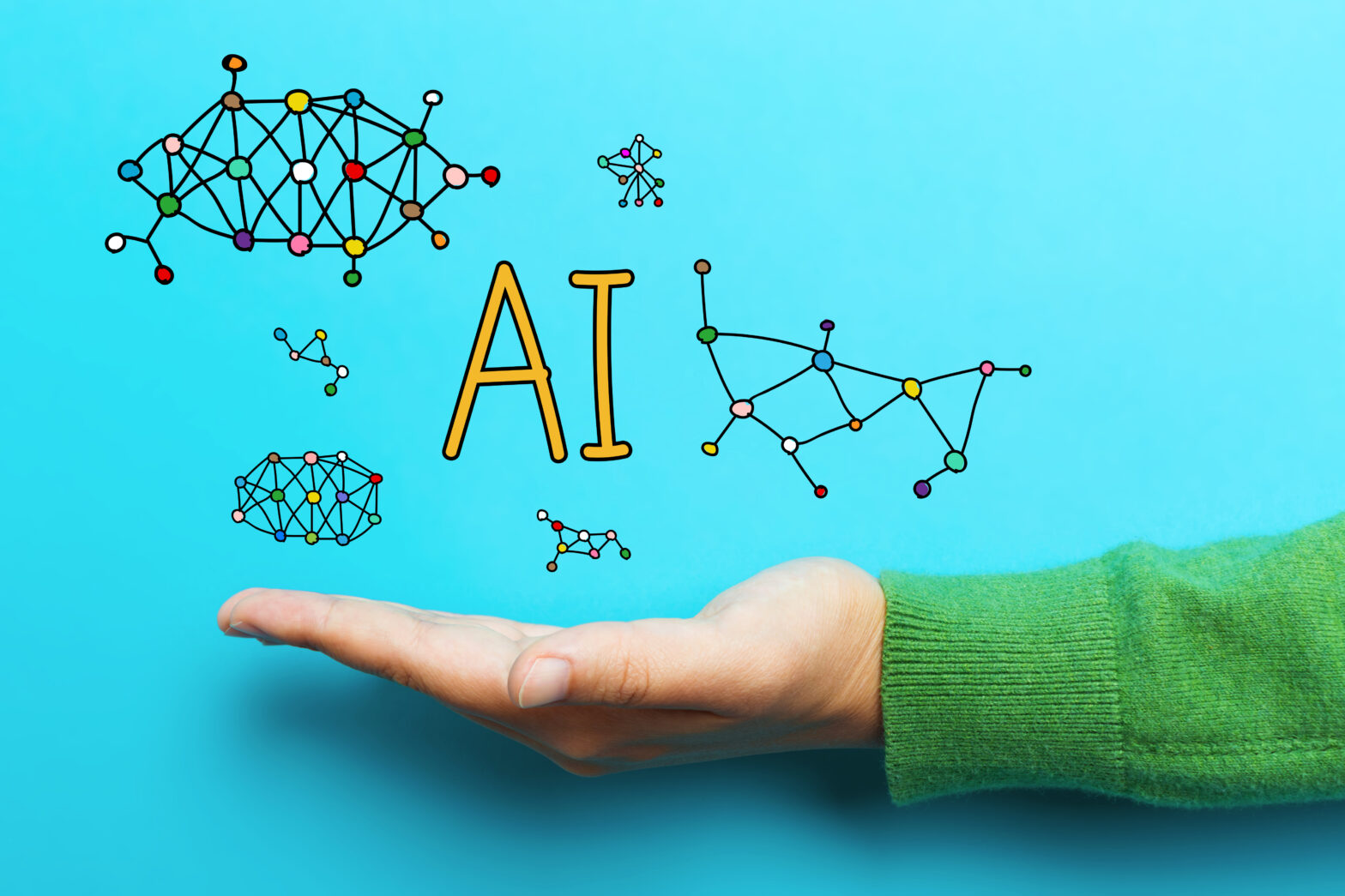A few years ago, Artificial Intelligence (AI) would be regarded with suspicion by many businesses, perhaps considered a fad which would deliver few benefits. Nowadays, it’s becoming increasingly mainstream, and is encoded into many applications without most of us realising, even the predictive keyboard on our Smartphones.
This is just a glimpse of the potential of AI, which can genuinely save your business time and money, but how? For an SME in any sector, knowing your customer and cutting down on admin are surely business priorities. AI can help with both of these things.
Artificial Intelligence has already proven effective at automating repetitive tasks such as inputting data with smart CRMs, whilst workflows can automate otherwise time consuming processes so you can cut down on administration time and focus on running your business. Many SMEs currently embrace such time saving tools, possibly without realising the role AI has to play.
How can AI help?
AI is also incredibly useful to manage the sales process, with tasks like finding new customers, taking notes and even sales progression easily automated, but in a sophisticated enough way for quality of service not to be negatively impacted.
Salesforce is a well- known example, and they’ve been actively publicising how their smart CRMs are becoming even more intelligent in design. These systems can even guess how customers feel about a company and how likely they are to leave or change services; this can be guessed by the tone of emails alone.
Smart CRMs also have a role to play in recruitment, with AI successfully matching candidates to jobs, arranging interviews or adding candidates to mailing lists automatically. Textio is a good example of a recruitment tool which uses AI, helping companies write better job listings to attract talent, analysing every word to determine the listings’ attractiveness and suitability and offering tips on how to improve it and even eliminate bias.
What does it mean for the customer
Uncovering insights into your customer base is another key benefit of embedding AI into your systems. It helps identify what you can offer customers to improve their experience, and can even predict failures before they happen, as well as identifying future needs. It helps you suss out your next move and tell you where to focus your energy.
It also helps you ensure you’re targeting the most relevant people, and can pool insights from a variety of sources including social media and more broadly, the Internet of Things – so you have a more complete picture of your customer than you’ve ever had before.
Essentially, Artificial Intelligence has implications for every aspect of a business. It allows sales teams to anticipate opportunities and focus on the strongest and most relevant lead. It allows customer service teams to deliver a far more proactive service; they’re not just there at the end of a phone when something goes wrong or when a customer has a question because AI allows them to predict product failure and anticipate those questions before they’ve even been asked.
From a marketing perspective, AI allows you to build a more personalised experience for every customer which is crucial in today’s fiercely competitive ‘customer age’. AI and IT can also work in harmony to embed intelligence across the business, creating smarter systems for both internal and external use.
The future for AI and businesses of all sizes looks particularly exciting. It has the potential to do things like automatically organise your inbox, allow calendars to organise every aspect of a business meeting and act as a sophisticated personal assistant. It will also become integral to security, with the more widespread adoption of voice and image recognition for authentication, and the use of AI to predict breaches before they happen.
These business benefits might feel a long way off, but when you consider the rate at which AI is evolving and infiltrating our everyday lives without us giving it too much thought, it, it’s clear that smart businesses could be enjoying the time and money saving impact of AI in the not too distant future.
Andy Hinxman, director of Keybridge IT





